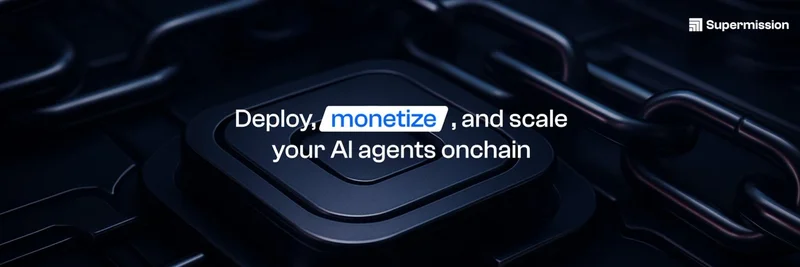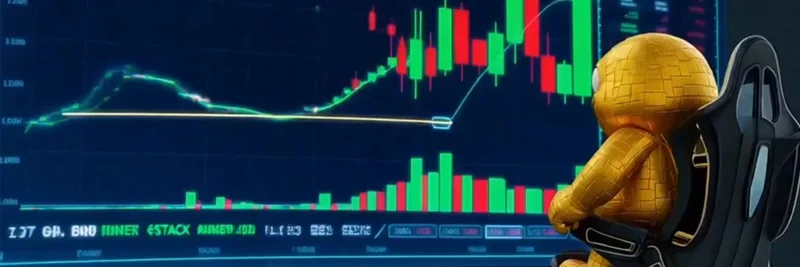In the fast-paced world of blockchain, where meme tokens are exploding in popularity, understanding the nuts and bolts of network security can make or break your next investment. Recently, Solana co-founder Anatoly Yakovenko dropped a thought-provoking tweet that's stirring up discussions across the crypto community. He compared the security of traditional payment giants like Stripe and Circle to top Layer 1 (L1) blockchains such as Ethereum, arguing that true security comes from full nodes, operators, and solid network connections—not just economic incentives.
Yakovenko's tweet, which has garnered hundreds of likes and sparked a wave of replies, cuts through the hype: "Stripe and circle L1 has as much security as ethereum or any other L1, because security has nothing to do with economic security and everything with full nodes and operators and network connections." For those new to the jargon, an L1 blockchain is the base layer where all the core transactions happen, like Solana or Ethereum. Full nodes are computers that store the entire blockchain history and validate transactions, while operators are the folks running these nodes. Economic security, on the other hand, refers to things like staking rewards and penalties that encourage honest behavior through financial stakes.
This perspective challenges a common belief in crypto circles that bigger economic incentives—think massive staking pools on Ethereum—automatically mean better security. Instead, Yakovenko emphasizes the operational side: as long as there are reliable nodes connected properly, the network stays secure, much like how Stripe handles billions in payments without a decentralized ledger.
Building on this, blockchain engineer Jake Burden (known on X as @doublespends) quote-tweeted Yakovenko with a concise summary: "All base layer consensus is just 1/N honest node guarantees. Few." Here, "consensus" is the process by which blockchains agree on the state of the ledger—essentially, how they prevent double-spending or fraud. The "1/N honest node guarantees" is a nod to security models where the network can function securely as long as at least one out of N nodes (where N is the total number) is honest and broadcasting the truth. It's a simplification, but it highlights that decentralization's strength lies in redundancy and honesty among participants, not just in economic muscle. The "Few" at the end? It's crypto slang for "few understand," implying this insight isn't as widely grasped as it should be.
For meme token creators and holders, this is huge. Many meme projects launch on Solana due to its speed and low fees, but security concerns often pop up in debates versus slower but "more secure" chains like Ethereum. Yakovenko's view levels the playing field, suggesting that Solana's focus on high-performance nodes and connections provides robust security without needing Ethereum-level economic stakes. This could boost confidence in Solana-based memes, encouraging more innovation in the space.
Of course, not everyone agrees. Replies to the thread range from supportive nods to skeptical takes. One user pointed out that security is "multi-faceted," warning against dismissing economic factors entirely. Another called it a "naive take," stressing decentralization and resilience. These counterpoints remind us that blockchain security is an ongoing debate, blending tech, economics, and even philosophy.
If you're diving into meme tokens, keep an eye on these technical discussions—they often signal shifts in ecosystem health. For more on Solana's edge in the meme world, check out our guide on top Solana meme launches. And remember, in crypto, knowledge is your best defense against volatility.
What do you think—does operational security trump economic models? Drop your thoughts in the comments below!




